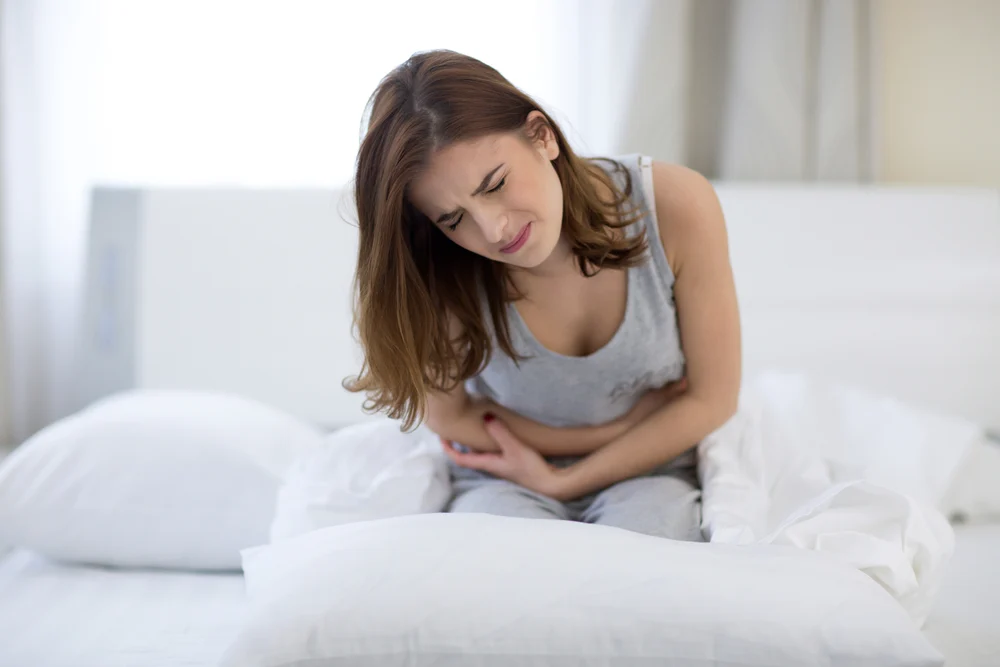There are many options for treatment for food poisoning. Symptoms vary from mild to severe, and treatment depends on the cause and severity of the illness. Most cases of food poisoning will subside on their own within a few days, but severe cases may require medical care. If diarrhea persists for several days, it may be necessary to take fluids and electrolytes to treat dehydration and prevent further infection. A doctor will prescribe antibiotics if necessary. Symptoms of food poisoning can also be managed at home with natural spices.
Antibiotics are a common choice for adults. These medications work to treat diarrhea and soothe the pain. However, these medicines can be toxic to infants and children. If diarrhea persists or you are experiencing fever, you may need to seek medical attention as soon as possible. Some health care providers suggest using over-the-counter medicines like Pepto-Bismol or Imodium to ease the symptoms. However, it is important to remember that antibiotics are only effective against bacteria that cause disease. Besides taking antibiotics, you should avoid dairy products, alcohol, and acidic foods while taking them.
Drinking lots of water is also a good idea for food poisoning treatment. It helps to replace lost fluids, especially if you’ve experienced bloody diarrhea. Drinking water is a good idea because it has many electrolytes, which are necessary for proper digestion. Keeping the kitchen clean and sanitized can help prevent food poisoning. In addition, you should use peppermint tea or honey. To prevent the spread of harmful bacteria, you should avoid consuming foods that were contaminated.
The symptoms of food poisoning can be severe, and if untreated, can be life-threatening. In severe cases, kidney failure, brain damage, and even death may result. The most common complication of food poisoning is dehydration. You should drink plenty of water in order to replace the fluids lost. Other complications include bloody urine, prolonged diarrhea, and high fever. When these symptoms are severe, you should visit a doctor to determine the best treatment.
If you are unsure whether you have food poisoning, it’s best to consult a medical professional to get the best treatment options. The symptoms of this illness typically manifest themselves one to eight hours after eating the food. If you are experiencing any of these symptoms after eating a food contaminated with bacteria, you should immediately seek medical care. However, don’t panic – food poisoning is treatable. If you don’t notice the symptoms for a few hours, they’re likely a sign of an underlying medical issue.
If your symptoms are severe enough, a physician may prescribe antibiotics. Antibiotics may reduce the duration of diarrhea and bloating, and some medications have been shown to improve symptoms in people with weak immune systems. A medical professional may also prescribe certain types of supplements or dietary supplements that help restore the good bacteria in the digestive tract. However, some people may require a prescription of antibiotics to prevent severe food poisoning. They may also need to undergo a stool culture.




